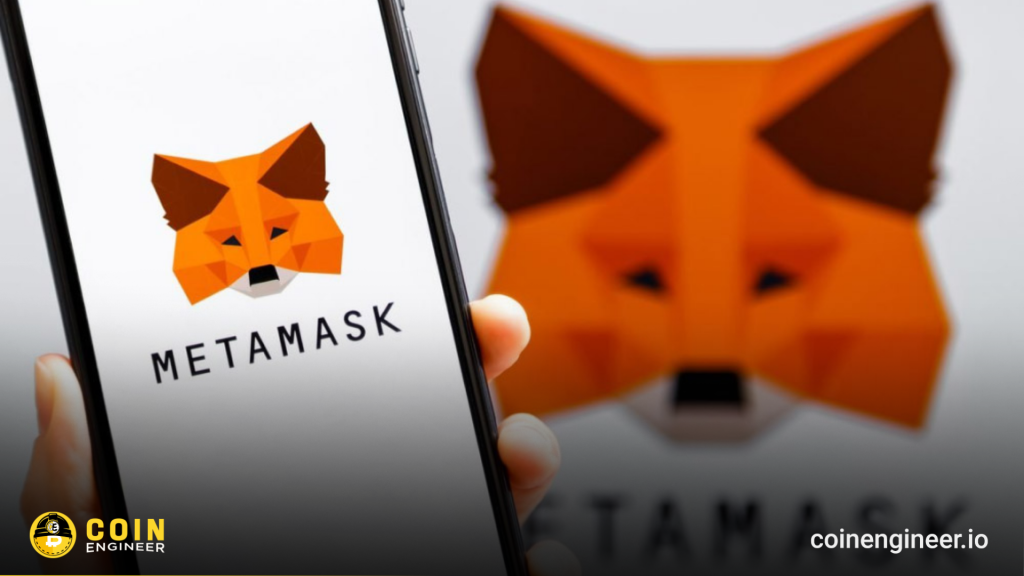MetaMask co-founder Dan Finlay has sparked debate in the Web3 world by conducting a hands-on experiment with memecoins, exposing critical flaws in consent, trust, and investor expectations within the ecosystem.
The Experiment
Finlay launched two memecoins — “Consent” on Ethereum and “I Don’t Consent” on Solana — to analyze the chaotic nature of the memecoin market. He described the experience as “deeply unpleasant in predictable ways,” revealing the lack of clarity in the interaction between investors, token issuers, and communities.
The tokens quickly gained speculative traction, temporarily inflating Finlay’s holdings to over $100,000, but their undefined purpose left participants vulnerable to financial risks. The MetaMask co-founder noted that investors kept demanding long-term plans for the tokens despite their simplistic design.
“The only clear consent in this memecoin environment,” Finlay explained, “is that buyers willingly put their money into something. But if the purpose is undefined, what kind of consent is that?”
Finlay tied the issues seen in memecoins to the larger debate about digital consent on platforms like Bluesky, where public posts were used for AI training without user consent. He highlighted the disconnect between platform protocols and user expectations, stating that similar flaws plague the memecoin space.
Implications for Web3
The experiment underscores the need for better tools and infrastructure in the Web3 space. Finlay advocates for mechanisms that give token issuers more control, such as restricting access to specific communities or providing structured sale methods.
With blockchain and AI technologies converging, the MetaMask co-founder emphasized the importance of creating systems that foster trust, align with user expectations, and promote transparency in consent.
You can also freely share your thoughts and comments about the topic in the comment section. Additionally, don’t forget to follow us on our Telegram, YouTube, and Twitter channels for the latest news and updates.


